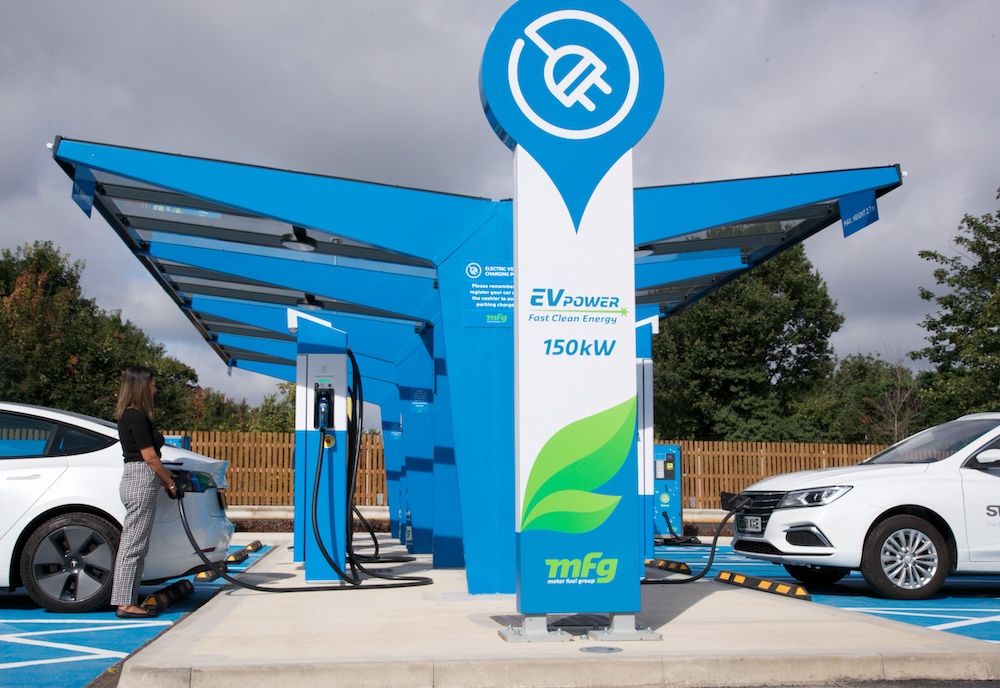Professionals across all walks of UK energy have called for government and industry to coalesce around a national skills strategy that underpins the development of low-carbon energy and supply chains, in such a way that does not leave today’s skilled workers and their communities stranded.
The Energy Barometer 2021: the net zero skills issue, was based on responses from more than 400 UK professionals representing the span from renewables to oil and gas to energy efficiency.
Acknowledging progress in UK energy policy over the past year, but that further bold action is needed to get the country on track for its 2030 and 2050 emission reduction goals, respondents to the survey highlight that action to bring on the necessary workforce is pressing.
Energy Institute president, Steve Holliday FREng FEI, said: “A laser focus on policies and initiatives to drive the development of low carbon technologies is vital, but it must not eclipse the equally important need to support and develop the net zero workforce.
“We often hear about the long lead times involved in building a new power plant. But the lead times required to bring on a heat pump installer or wind turbine engineer – from inspiring interest in STEM in schools through the necessary apprenticeships and university degrees and into the workforce – are much longer.
“The Barometer is clear that decarbonisation won’t happen at the necessary speed and scale without the assembly of a mass skilled workforce, and so we are encouraged by signals from ministers that this will be an integral part of the UK’s net zero strategy.”
UKERC Director and Energy Institute Trustee, Prof Rob Gross, FEI, said: “A national net zero skills strategy equally needs to focus on parts of the existing highly skilled workforce facing the most change. In the transition over the coming decades, roles in energy intensive industries, fossil fuel production and their supply chains will change markedly, so it’s vital for the reskilling to keep pace.
“Energy Barometer respondents see this as central to a just transition, and one of the most effective ways of securing the buy-in of communities up and down the country.”
Energy and Climate Change Minister, Anne-Marie Trevelyan MP, said: “Today’s invaluable findings from the Energy Barometer support the government’s priority to invest in the UK’s most important asset – our workforce – ensuring that people from every region of the UK have the right skills for the green industrial revolution and thrive in the jobs this will create.
“The measures we’re taking to eliminate our country’s contribution to climate change by 2050 are not just good for the planet; they are also helping us build back greener from the pandemic, creating new job opportunities across the country. This report shows how existing staff are stepping up to the plate, and planning to support the next generation within the nation’s vital sectors.”
Rhian Kelly, Director at National Grid and member of the Government’s Green Jobs Task Force, said: “If we are to achieve a green recovery and make progress on tackling climate change, we need the right skills and people in place. Our research shows hundreds of thousands of these green-collared roles will be needed across every nation and region of the UK, presenting a huge economic opportunity.
“Government working together with key industry representatives such as the Energy Institute, businesses, educators and trade unions will mean we can put in place meaningful and accessible training opportunities, help repurpose existing skills in the current energy workforce, and build a strong talent pipeline.”
Research by National Grid estimates that 400,000 diverse new recruits into energy will be needed for the UK to reach net zero by 2050, more than half of which will be in new roles.
The report can be seen at energyinst.org/barometer/2021
Image: Shutterstock














